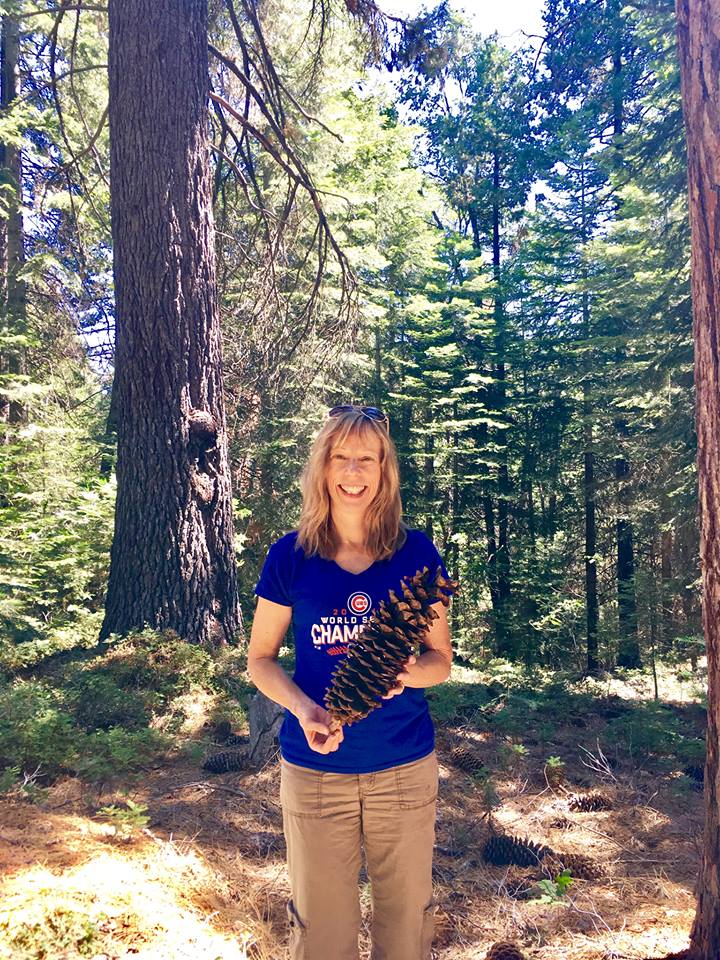“There is no milk for the babies, and small children have never seen a piece of fruit.”
Alice Fordham, NPR correspondent, on Daraya, Syria, July 12, 2016
I
After five years of war,
children’s memories are mostly
of hunger. Gardens and orchards
they have not known, though the land
once was famously fertile.
They have not tasted soft
dusky figs or cool musk of melon,
raisins dried beneath a summer sky
or salty strands of white cheese
thickly braided. Small mouths
do not cry for those things—
they cry for whatever will
fill the burning emptiness.
When at daybreak aid trucks
finally appear, sweetest vision
to men and women who have
waited all night, hoping
for the heft of lentils or rice
to take back to their families,
the shelling begins. So many
bodies in pools of blood.
The few who are able, run.
What is worse?
To live without hope
or to hope, then watch it
disintegrate in front of you,
knowing you are the lucky one
to return home, although you
must return with nothing?
II
In San Francisco, thick fog
finally lifts at the Ferry Plaza
farmer’s market, and sun showcases
baskets of purple berries, yellow striped
tomatoes, rows of ruffled lettuces.
Honey gleams gold in glass jars.
I buy fragrant peaches, big as a baby’s head,
apricots nestled jewel-like in white paper,
black Mission figs like the ones
I used to pick downhill from the honey
house at my grandparents’ ranch.
How they would laugh in disbelief
if they knew the prices
people pay for fruit and honey.
Twenty dollar bills slip like water
through fingers that push strollers
the price of a used car.
A vendor bends to offer a Spanish
greeting and glossy plum to a
toddler with blonde curls, smiles
as juice drips down child’s chin,
purpling shirt that doesn’t quite
cover the swell of her belly.
III
Omar tells his children
when the war is over
he will take them to the sea,
that blue mystery they glimpsed
once, on a neighbor’s television.
Yes, he tells them, huddled in
the basement, they will play in the
tide and he will spread the yellow
tablecloth for their picnic—
olives, bread, hummus, cherries,
the sweet ones he used to pick
from the trees on the hillside.
Cake? pleads his youngest girl
who has heard stories of a treat
that tastes like roses and honey.
Of course, Omar says, of course
they will have cake, and they will
listen to birds overhead and waves
splashing against rocks instead of
buildings collapsing to rubble—
houses, hospitals, shops
where now no one enters or leaves.
When the war is over,
Omar tells them, looking into
each thin upturned face, how blue,
how blue the sky will be
